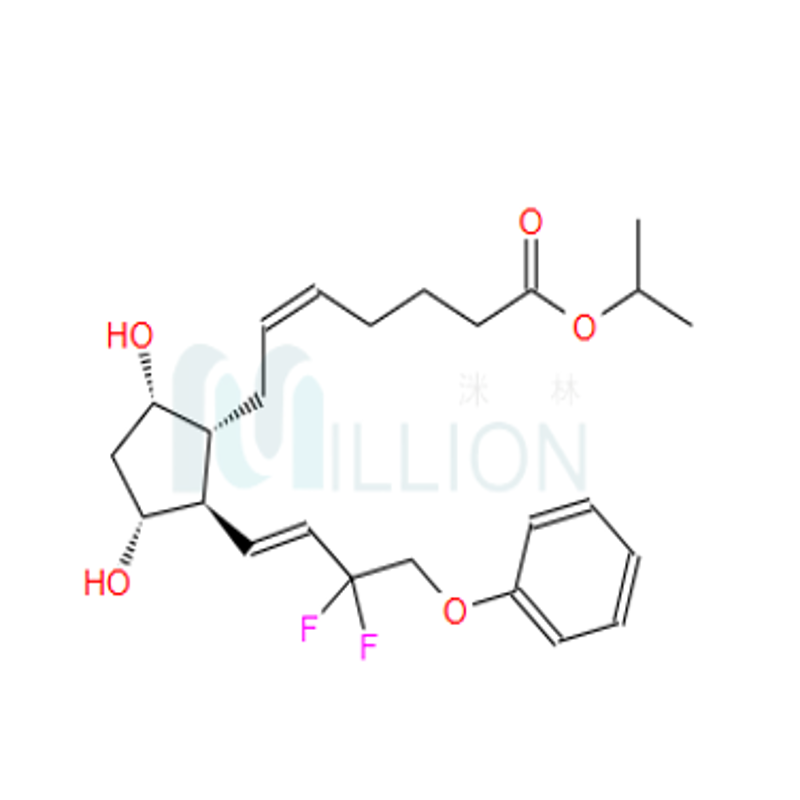-
Categories
-
Pharmaceutical Intermediates
-
Active Pharmaceutical Ingredients
-
Food Additives
- Industrial Coatings
- Agrochemicals
- Dyes and Pigments
- Surfactant
- Flavors and Fragrances
- Chemical Reagents
- Catalyst and Auxiliary
- Natural Products
- Inorganic Chemistry
-
Organic Chemistry
-
Biochemical Engineering
- Analytical Chemistry
-
Cosmetic Ingredient
- Water Treatment Chemical
-
Pharmaceutical Intermediates
Promotion
ECHEMI Mall
Wholesale
Weekly Price
Exhibition
News
-
Trade Service
Background: Ba Jingtian (MO) is a traditional Chinese medicine used to treat osteoporosis
.
M13 is an MO-based anthraquinone compound known to inhibit osteoclast activity
.
However, whether M13 promotes osteogenic differentiation of mesenchymal stem cells (MSCs) and its underlying mechanisms remain unclear
.
Objective: To study the effect of M13 on the proliferation and osteogenic differentiation of MSCs, and to elucidate its underlying mechanism
.
Methods: The effect of M13 exposure on the proliferation of
MSCs was evaluated by CCK8 assay, clonal formation assay, immunofluorescence, RT-qPCR and Western blot.
M13-mediated in vitro and in vitro osteogenesis was evaluated by ALP and alizarin red S staining, osteogenesis-related gene expression (Runx2, Col1a1, and Opn), and fetal limb explant culture
.
Molecular docking is used for target signaling pathway screening
.
By introducing XAV939 (Wnt/β-catenin signaling inhibitor), the potential signaling mechanism
of M13 to promote osteogenic differentiation of MSCs was analyzed.
Results: M13 had a significant effect on the proliferation and osteogenic differentiation of bone marrow mesenchymal stem cells.
M13 treatment enhances the viability and number
of clones of MSCs.
At the same time, M13 promoted the osteoblast gene expression of bone marrow mesenchymal stem cells, enhanced ALP strength and alizarin red S staining
.
In terms of mechanism, M13 strongly interacts with the docking site of the WNT signaling complex, thereby activating the WNT/β-catenin pathway
.
In addition, XAV939 partially inhibits M13-mediated osteogenesis both in vitro and in vitro, confirming that the Wnt/β-catenin axis is a key regulator of M13-induced osteogenic differentiation of MSCs
.
Conclusion: This study is the first to clarify that M13 significantly promotes osteogenic differentiation of MSCs by stimulating the Wnt/β-catenin pathway in vitro, and provides new evidence
to support the treatment of osteoporosis based on MO or M13.
Sources:
Li C, Tian L, Wang Y, et al.
M13, an anthraquinone compound isolated from Morinda officinalis promotes the osteogenic differentiation of MSCs by targeting Wnt/β-catenin signaling [published online ahead of print, 2022 Nov 7].
Phytomedicine.
2022; 108:154542.
doi:10.
1016/j.
phymed.
2022.
154542.







